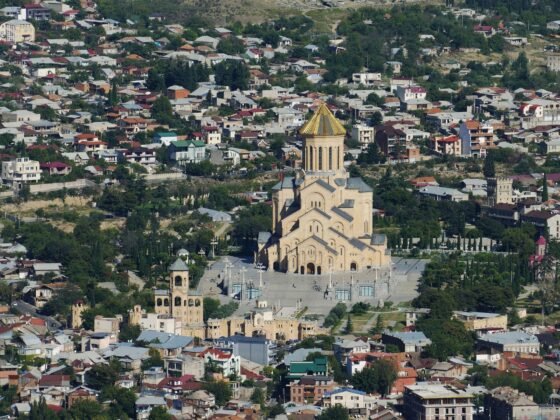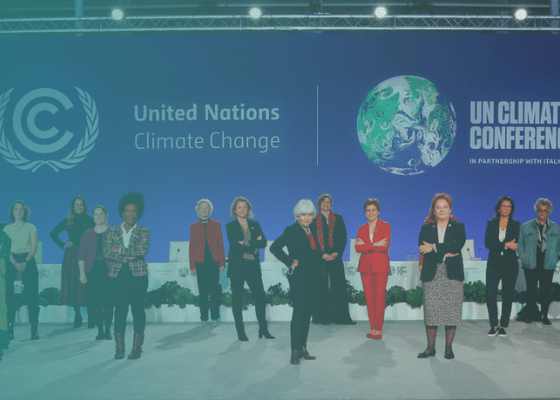Abstract: Russian NGOs and Chinese CSOs working to address climate change have exhibited different levels of participation as observer organizations at the annual UNFCCC COP meetings. In recent years, participation by Chinese CSOs has grown dramatically, while that of Russian NGOs has stagnated. This chapter investigates and explains that variation and what it tells us about challenges for NGO mediation. It highlights the distinct qualities of state-society relations in Russia (more confrontational) and China (more co-optational), even though both regimes are authoritarian, and differences in policymaking context given the Chinese government’s active interest in climate policy and the Russian government’s more limited efforts. These factors paradoxically allow NGOs in China’s one-party state more opportunities to engage with the UNFCCC and influence the domestic climate policy agenda; despite Russia’s “competitive authoritarian” regime with multiparty elections, NGOs there face a largely hostile and exclusionary context for climate policy.
Read More © Oxford Academic (October 2021)





